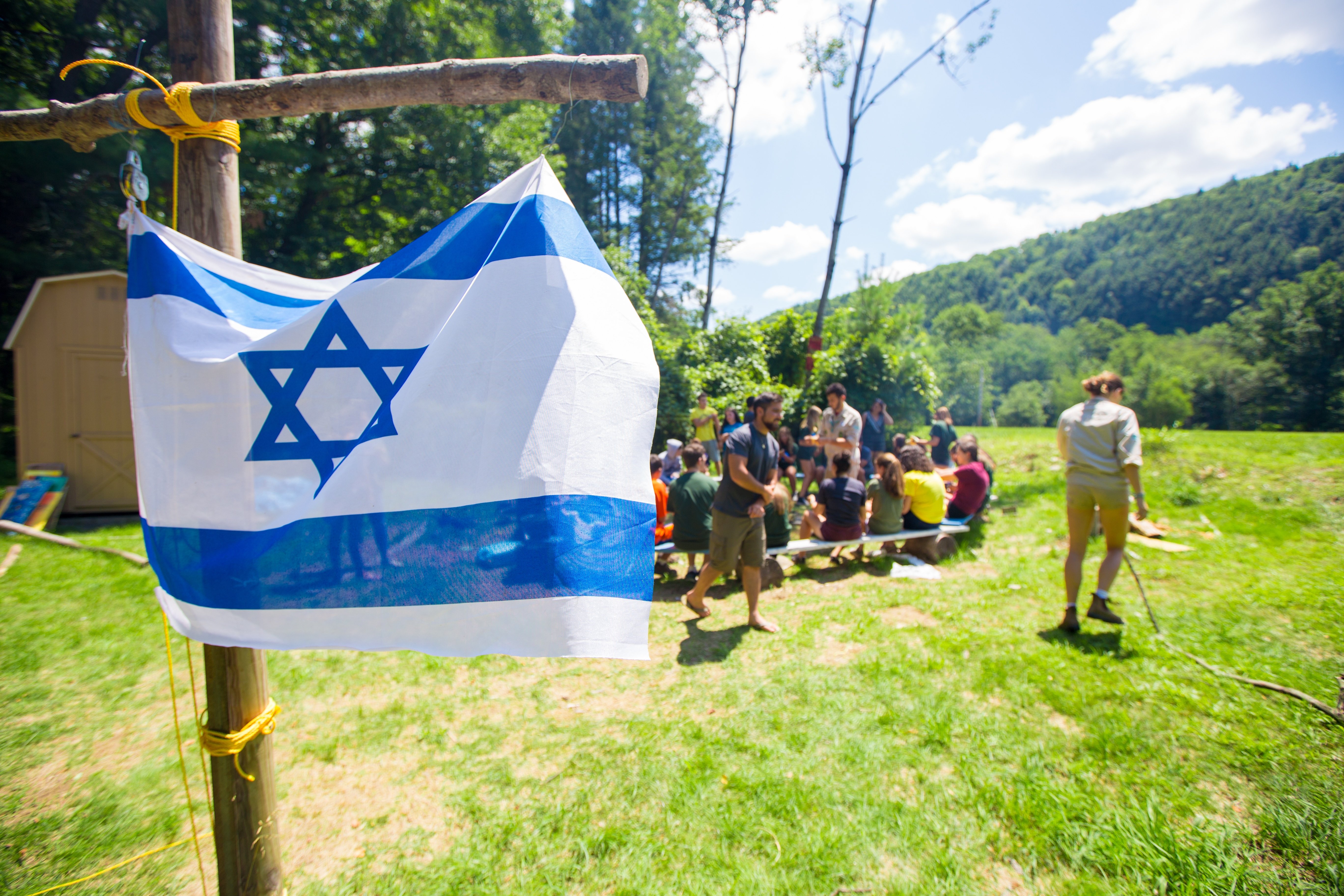Why Your Jewish Teen May be Less Upset about Anti-Semitism than You Are
If I am not for myself, who will be for me? But if I am only for myself, what am I? If not now, when?
—Rabbi Hillel, Ethics of the Fathers
Why Your Jewish Teen May Ignore Anti-Semitism
By the time your kid is a teenager, you’ve had a lot of practice telling them to “just ignore it” when someone insults them. Slights about their clothes, hair, backpack, or grades are best left unanswered. However, when anti-Semitism comes into play, everything changes.
Your teen may have trained you to act cool around him or her, but hearing that someone  made an anti-Semitic remark makes it hard not to seethe with anger. Maybe you remember the sting of Jewish remarks you heard as a kid. Maybe you remember the fear in the stories your family told about the Holocaust.
made an anti-Semitic remark makes it hard not to seethe with anger. Maybe you remember the sting of Jewish remarks you heard as a kid. Maybe you remember the fear in the stories your family told about the Holocaust.
When children even casually mention hearing a Jewish slur, even the most timid among us can feel the steel in our spines and the echo of Hillel’s famous words, “If I am not for myself, who will be for me?”
Maybe you coach your teen to Speak up! Confront that person! Tell the principal! This is where it gets weird though. By this time, your teen may already be on to the next thing—studying, work, video games, friends—as if the hate speech was barely worth mentioning.
Don’t react too fast
{{cta(‘fb9e1eed-572f-4d4d-bdef-44bd35e52614’)}}
Just like most times when parents get animated about an issue, teenagers don’t see it quite the same way. Or maybe they do, but they certainly don’t want to let it show. Take the fact that your teen shared it with you to begin with as a sign that it bothers them. Afterall, how much do you really hear about what goes on at school?
Don’t miss the universal view
You may be busy outlining everything your teen needs to do only to have him or her dismiss you. Remember Hillel, you tell them. That’s the thing though, they do—especially the second part, “But if I am only for myself, what am I?” What you need to remember is that your kid is growing up in a more diverse world than you did. Anti-semitism isn’t any less awful, it just isn’t the only offense. Teens today may be more focused on the transgressions they see against students who are gay, black, transgender, Muslim, immigrant, or any other group. If your teen interprets Hillel’s quote as a universal guidepost, not just a Jewish one, then go with that.
Don’t miss the moment
Our collective Jewish history of fighting for ourselves and fighting for others isn’t just passed down with our DNA, it’s discussed, practiced, and taught from one generation to the next. This is your opportunity to have a conversation inside your home, temple, or larger community. This is your time to practice speaking up for yourself and others. Most importantly, this is your moment to teach your teenager that this is what Jews do. As Hillel also asked: “If not now, when?”
It’s a testament to your teen that concern for others sometimes overshadows their own, but they still need to deal with the anti-Semitism. They need a safe community of peers, within which they can share their experiences, a place where their stories are not just heard, but recognized and mirrored back. When they’re surrounded by other Jewish teens who’ve experienced similar challenges, they can see that they’re not alone, that anti-Semitism is important enough to discuss, and that there are many ways they can deal with it. Together, Jewish teens will navigate through the timeless challenge of Hillel’s questions.
{{cta(‘555c690b-6441-41cb-9b61-f8bff5b4af48’)}}
 Young Judaea
Young Judaea





